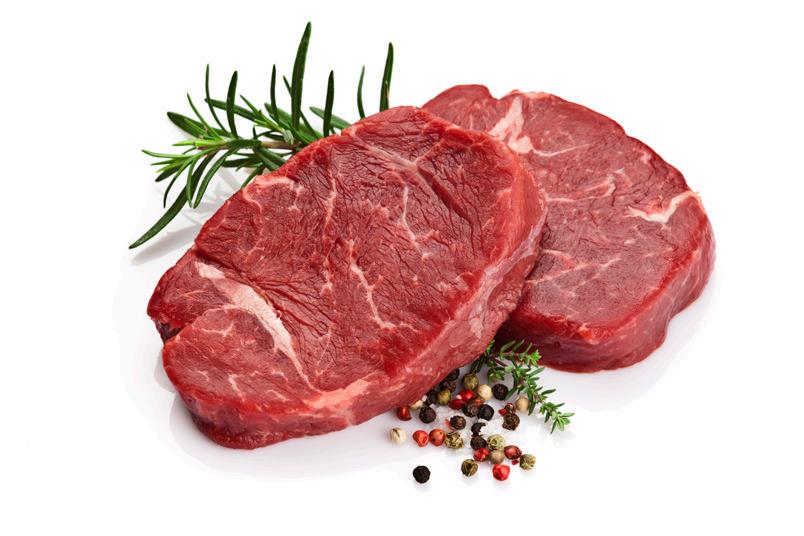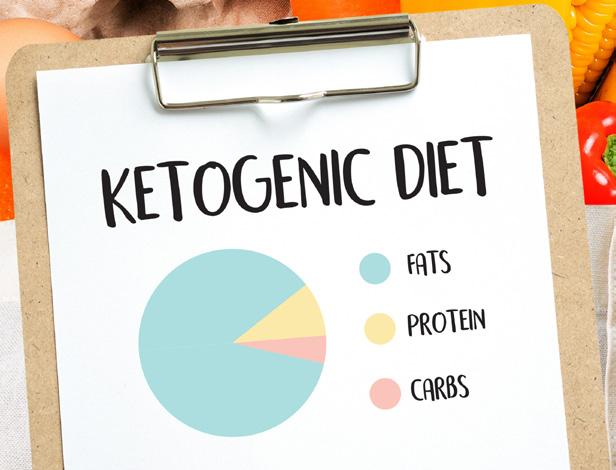
2 minute read
HEALTHY BODY
AND CANCER TREATMENT: AN OVERVIEW
By Kristy Podruchny
Advertisement
New research that explores cancer prevention and treatment is always exciting to hear about--especially when it's related to something we can control like diet and lifestyle. A ketogenic diet is the hot topic right now, so it isn't surprising to read that researchers are taking a look at what role the diet could play in cancer treatment. More research is needed before definitive conclusions can be made but we’ll go over a few reasons it’s causing a fuss in the realm of cancer research. Keto in a Tiny Nutshell
Simply stated, the ketogenic diet is a low-carb, low-sugar, and high-fat diet that encourages the body to use fat instead of glucose. If successful, the body produces ketones. These little guys can provide energy for neurons, help burn excess fat, and reduce inflammation. Cutting Off Cancer’s Fuel Carbohydrates break down into glucose, and because keto limits carbohydrates, it holds the potential to starve cancer cells of glucose--a crucial compound that cancer cells need in order to grow. Cancer cells also have malfunctioning power plants (mitochondria) and higher insulin receptors than other cells; the cells rely on glucose to power up. Intermittent fasting can also help increase your production of ketones, lower blood sugar, and deprive cancer cells of fuel. Caloric deficiency combined with a ketogenic diet is being studied for its potential to reduce tumor growth. Research conducted on mice has shown promise for brain tumor reduction. Another amazing twist: free radicals are also reduced while your body processes ketones as fuel!
A keto diet is low in sugar, so it reduces chronic inflammation that would fuel cancer.
CAVEATS

Before you agree to buy half a cow in anticipation of your future keto feasts, remember that red meat has the potential to increase your risk of developing cancer. If you and a medical professional decide that keto is a good option, stick to poultry, fish, and other lean proteins. To make matters more complicated, diets high in protein have been linked to cancer.
Success with a ketogenic diet and treating cancer has a lot to do with the type of cancer you’re dealing with. Some cancers and cancer treatments complicate the breakdown of fats and proteins, which would eliminate keto as an option. Also, calorie restriction isn’t advised during treatment for certain cancers. This is why it’s important to speak with your doctor and/or dietitian before taking the plunge into keto.



C J Ladner Insurance Agcy Inc C J Ladner, Agent 1972 N. Hwy 190 Covington, LA 70433 Bus: 985-892-5030
Anytime. Anywhere. Any day...
That’s when you can count on State Farm® . I know life doesn’t come with a schedule. That’s why at State Farm you can always count on me for whatever you need – 24/7, 365. GET TO A BETTER STATE™ . CALL ME TODAY.










